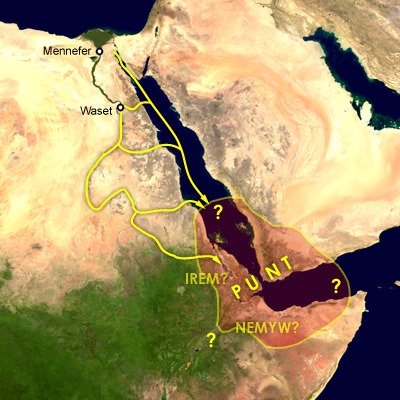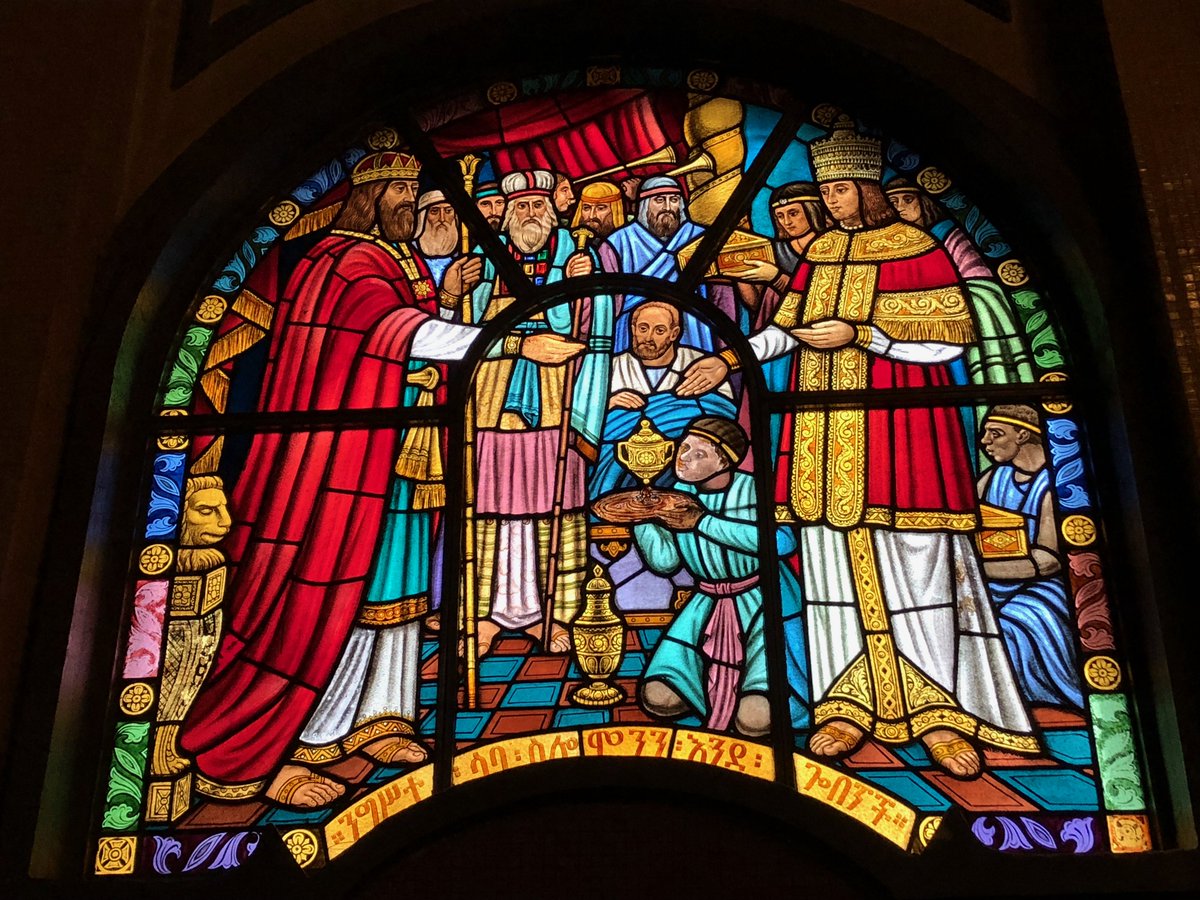
1/ GameStop is one of the most fun businesses to study for both its success and failure.
Relative to other specialty retailers, it dominated up until the financial crisis, but has since done very poorly.
But unlike Tower Records or Blockbuster, it is still in business


1. Accessibility
2. Deeply trained expert staff
3. Tailored loyalty program
4. Custom inventory management for used game sales
There are 5,500 GameStop stores, often more than one in the same mall (mostly because of EB acquisition). Can always find one.
They install ramps--not for wheelchairs, but for strollers because parents are the real buyer
As @joosterizer told me recently, try to go into a GameStop and stump a staff member. They can help you navigate much better than a generic retail employee. Creates loyalty and trust that wouldn't be possible if they didn't just focus so specifically on games.
Standard reasons for a loyalty program, but it helped them manage inventory with pre-sales and reserves, and they used Game Informer (only remaining gaming magazine really) to keep people interested.

This is the most interesting. Blockbuster games would be resold 6x, and GameStop made all the money on resales.
Required complicated accounting and inventory systems to manage re-sales. Others couldn't compete.

So interesting to me that edge can be developed and then so quickly eroded.
Its always Day One
Charts were made via an internal tool @OSAMResearch developed by @Jesse_Livermore
More from Game
My most Luddite opinion is that you must pick one
a) the ability to connect with arbitrary numbers of people simultaneously around the world
b) rich, multi-modal, interaction that mutually exposes vulnerability among participants
if you want a) and b) simultaneously you get the basis for a science fiction horror scenario and that's a Bad Thing unless you're a Gendo Ikari type
"individuals might experience episodic segments of the lives of other willing participants (locally or remote) to, hopefully, encourage and inspire improved understanding and tolerance among all members of the human family" uh nope sorry
this goes to my periodic complaint about global villages vs. global cities. cities are anonymous places full of wary people that, after certain conditions are met, can become lifelong friends....
villages are places ruled by grandmas who, whatever the ethnicity or nationality, have intelligence networks that rival the KGB
a) the ability to connect with arbitrary numbers of people simultaneously around the world
b) rich, multi-modal, interaction that mutually exposes vulnerability among participants
if you want a) and b) simultaneously you get the basis for a science fiction horror scenario and that's a Bad Thing unless you're a Gendo Ikari type
"individuals might experience episodic segments of the lives of other willing participants (locally or remote) to, hopefully, encourage and inspire improved understanding and tolerance among all members of the human family" uh nope sorry
this goes to my periodic complaint about global villages vs. global cities. cities are anonymous places full of wary people that, after certain conditions are met, can become lifelong friends....
I mean, A enabled me to have B with a bunch of people I couldn't have met in the beforetimes, but this was a time on the internet when moving up the ladder of intimacy included "telling each other your legal names"
— K. Chen (@tznkai) January 6, 2021
villages are places ruled by grandmas who, whatever the ethnicity or nationality, have intelligence networks that rival the KGB
You May Also Like
I'm going to do two history threads on Ethiopia, one on its ancient history, one on its modern story (1800 to today). 🇪🇹
I'll begin with the ancient history ... and it goes way back. Because modern humans - and before that, the ancestors of humans - almost certainly originated in Ethiopia. 🇪🇹 (sub-thread):
The first likely historical reference to Ethiopia is ancient Egyptian records of trade expeditions to the "Land of Punt" in search of gold, ebony, ivory, incense, and wild animals, starting in c 2500 BC 🇪🇹

Ethiopians themselves believe that the Queen of Sheba, who visited Israel's King Solomon in the Bible (c 950 BC), came from Ethiopia (not Yemen, as others believe). Here she is meeting Solomon in a stain-glassed window in Addis Ababa's Holy Trinity Church. 🇪🇹

References to the Queen of Sheba are everywhere in Ethiopia. The national airline's frequent flier miles are even called "ShebaMiles". 🇪🇹

I'll begin with the ancient history ... and it goes way back. Because modern humans - and before that, the ancestors of humans - almost certainly originated in Ethiopia. 🇪🇹 (sub-thread):
The famous \u201cLucy\u201d, an early ancestor of modern humans (Australopithecus) that lived 3.2 million years ago, and was discovered in 1974 in Ethiopia, displayed in the national museum in Addis Ababa \U0001f1ea\U0001f1f9 pic.twitter.com/N3oWqk1SW2
— Patrick Chovanec (@prchovanec) November 9, 2018
The first likely historical reference to Ethiopia is ancient Egyptian records of trade expeditions to the "Land of Punt" in search of gold, ebony, ivory, incense, and wild animals, starting in c 2500 BC 🇪🇹

Ethiopians themselves believe that the Queen of Sheba, who visited Israel's King Solomon in the Bible (c 950 BC), came from Ethiopia (not Yemen, as others believe). Here she is meeting Solomon in a stain-glassed window in Addis Ababa's Holy Trinity Church. 🇪🇹

References to the Queen of Sheba are everywhere in Ethiopia. The national airline's frequent flier miles are even called "ShebaMiles". 🇪🇹























